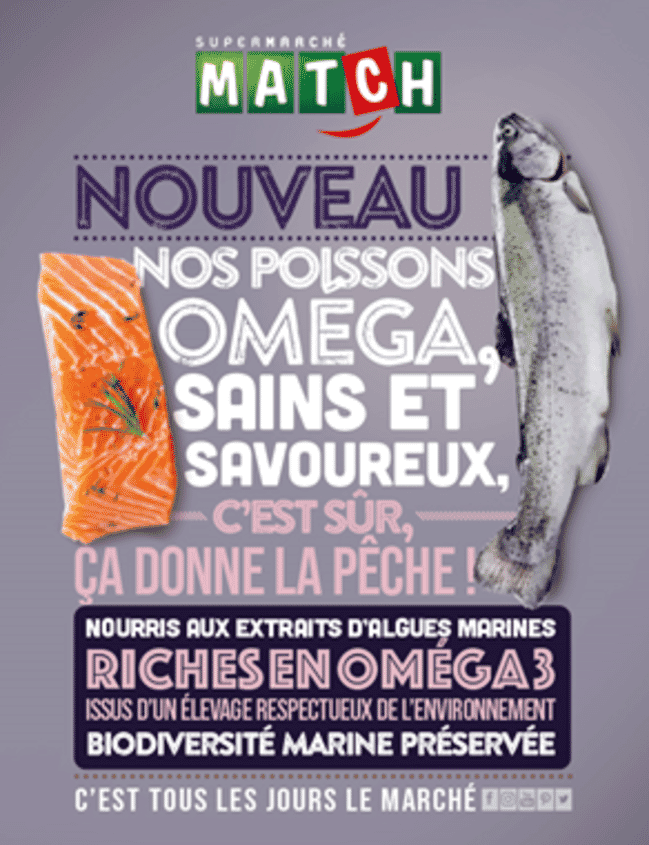The product launch follows last year’s collaboration between the two feed companies, when salmon raised by Norwegian farmer Lingalaks on a similar diet was made available at Supermarché Match.
The novel diets have also seemingly been responsible for generating increased sales, with Supermarché Match recently reporting a 12 percent growth in its salmon category following the launch of the special Lingalaks salmon.

“We are very happy to see Truite Service seizing on the opportunity to introduce our first-to-market diet. It’s also extremely pleasing that retailers are on board in this supply chain,” says Elodie Petit, marketing manager at Skretting France. “These new feeds are the result of decades of R&D by Skretting, and to secure such strong market support is a further demonstration that our long-term commitment to innovation is paying dividends for our value chain partners.”
As well as enabling trout farmers to achieve high levels of fish growth and performance, the new diet reduces some of the burden placed on the finite fish oil resource, as the algal oi is rich in omega-3 fatty acids EPA and DHA.
“With the well-known benefits of eating a diet rich in omega-3s, the alternative source that we provide complements the finite supply of fish oil from wild-caught fish, and trout and salmon consumers have access to sustainable and healthy fish,” says Gaëlle Husser, global business development director at Veramaris.
“It can take some time to bring the products to market, but the outcomes are clear for all to see – consumers are willing to pay for seafood that includes those novel alternatives that we are working hard to implement,” comments Petit. “Equally, it responds to the crucial requirement from fish farmers to have access to new solutions that are financially feasible and offer true value to their operations.”
In addition, through using these products, Truite Service has not only shown a strong dedication to the development of sustainable French aquaculture, but is also benefitting from increased sales. The supply chain partners are committed to continue working to ensure a sustainable future together.
“Aquaculture is ideally placed to provide consumers everywhere with highly nutritious, healthy protein. This latest initiative also recognises how important it is that people have access to fish produced with minimal environmental or social impacts,” says Husser.



